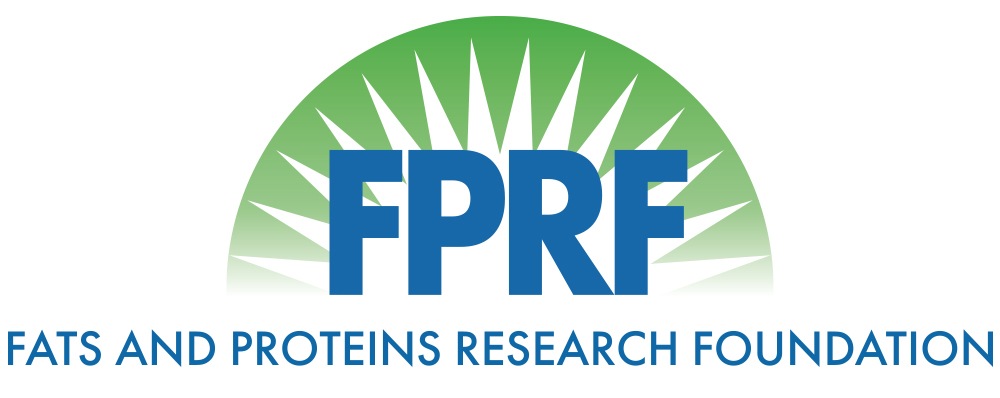Effect of Phase-Feeding Beef Tallow along with Dried Distiller Grains on Pork Quality
Title: Effect of Phase-Feeding Beef Tallow along with Dried Distiller Grains on Pork Quality
Principle Investigator: Jason Apple
Year:2009
Scientific Abstract:
Soft pork fat in fresh pork bellies has become a major concern of pork processors. Soft pork bellies have been associated with fabrication difficulties, reduced product yields, unattractive bacon slices, reduced product shelf-life, and subsequent consumer discrimination. The increased incidence of soft pork fat and bellies has been attributed to the elevation of the polyunsaturated fatty acid (PUFA) composition of diets by feeding large amounts of dried distillers’ grains with solubles (DOGS). There does not appear to be a cost- effective, nutritional method of reversing the deleterious effects of feeding highly polyunsaturated fat sources, along with DOGS, on pork fat and belly firmness issues.
Previous research indicated that almost 70% of the fatty acid composition of pork fat was established in the first 17.4 kg (50 lbs) of body weight gain (Apple et al., 2009b).
Moreover, the half-life of linolenic acid in porcine subcutaneous fat is approximately 300 days (Anderson et al., 1972). Thus, it was hypothesized that feeding a more saturated fat source during the growing phases would establish more saturated pork fat depots, so, when large amounts of DOGS and/or polyunsaturated fat sources were fed in later dietary phases, the negative effects of elevating dietary PUFA on belly firmness would be negligible.
Publications:
